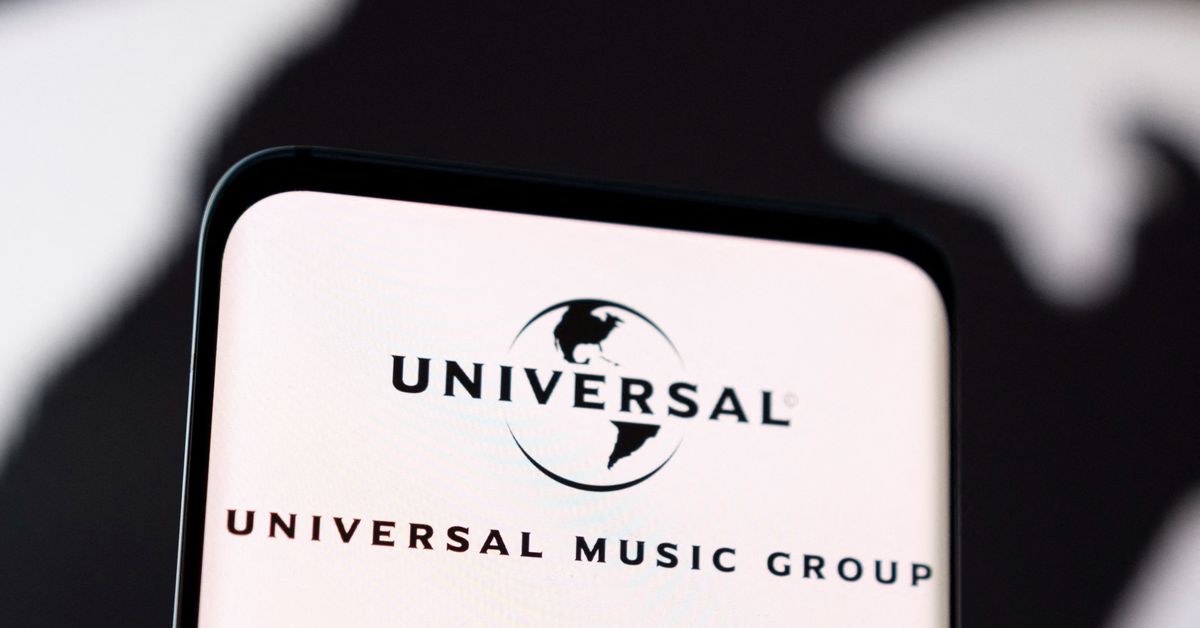Archived version: https://archive.ph/ZGo6X
Universal Music Group (UMG.AS), Sony Music Entertainment (6758.T) and other record labels on Friday sued the nonprofit Internet Archive for copyright infringement over its streaming collection of digitized music from vintage records.
The labels’ lawsuit filed in a federal court in Manhattan said the Archive’s “Great 78 Project” functions as an “illegal record store” for songs by musicians including Frank Sinatra, Ella Fitzgerald, Miles Davis and Billie Holiday.
They named 2,749 sound-recording copyrights that the Archive allegedly infringed. The labels said their damages in the case could be as high as $412 million.
Representatives for the Internet Archive did not immediately respond to a request for comment on the complaint.
The San Francisco-based Internet Archive digitally archives websites, books, audio recordings and other materials. It compares itself to a library and says its mission is to “provide universal access to all knowledge.”
The Internet Archive is already facing another federal lawsuit in Manhattan from leading book publishers who said its digital-book lending program launched in the pandemic violates their copyrights. A judge ruled for the publishers in March, in a decision that the Archive plans to appeal.
The Great 78 Project encourages donations of 78-rpm records – the dominant record format from the early 1900s until the 1950s – for the group to digitize to “ensure the survival of these cultural materials for future generations to study and enjoy.” Its website says the collection includes more than 400,000 recordings.
The labels’ lawsuit said the project includes thousands of their copyright-protected recordings, including Bing Crosby’s “White Christmas,” Chuck Berry’s “Roll Over Beethoven” and Duke Ellington’s “It Don’t Mean a Thing (If It Ain’t Got That Swing)”.
The lawsuit said the recordings are all available on authorized streaming services and “face no danger of being lost, forgotten, or destroyed.”



Rights only exist if they are enforced by the legal system. For instance the right not to incriminate yourself usually includes the right not to open stongboxes, cell phones or encrypted data blocks.
Note: If they can (presumably under warrant or established probable cause) get in on their own, say with hacking software or by borrowing your biometrics, that’s considered a legitimate investigation practice.
However, law enforcement in the US will often resort to coercion, deception or outright torture to extract a password. The first two are legal by SCOTUS precedent. The last one is not but it’s really hard to indict an officer for violence including homicide against a civilian neither armed nor resisting let alone convict one.
Then, recently, this ruling was made although it will be appealed.
Rights only exist so long as we have the capacity to enforce them, just as a hungry tiger isn’t concerned for the rights of its prey and will gladly violate them, if able, rights are only useful so long as the government is willing to honor them and make sure they’re not violated by powerful interests. once they’re not, then those rights cease to matter.